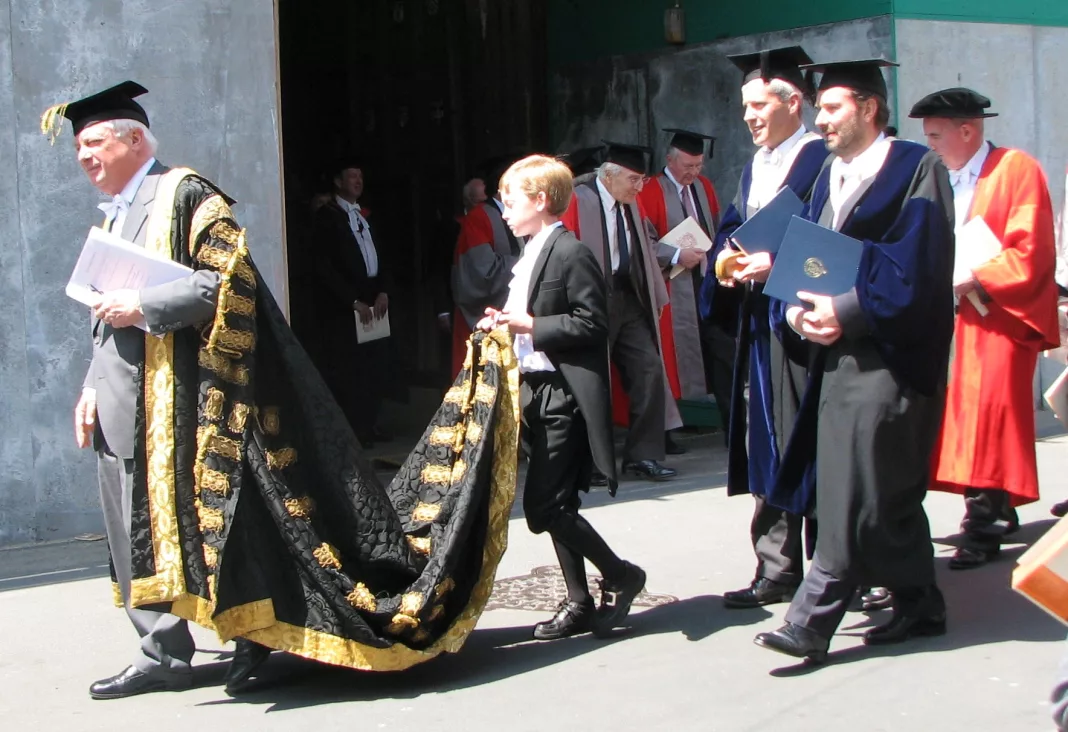An email leaked to The Telegraph, sent to Oxford academics by University registrar Gillian Aitken, stated that “members of legislatures or those active in politics” will be blocked from becoming the next chancellor. Until now Theresa May, Boris Johnson and Imran Khan were considered popular contenders for the role, which has also previously been occupied by Oliver Cromwell and Harold Macmillan.
The University told Cherwell: “The specific details of the eligibility criteria, which reflect standards that apply to charity trustees or public office, will be published in due course”.
“Individuals will not be eligible if they are expected or aiming to be an elected member of a legislature during their term as our next Chancellor.”
Under the block of ‘elected members of a legislature’, members of the House of Lords are still eligible. The University also said that MPs and Councillors that are standing down at the next election could be eligible subject to other conflicts of interest.
Current chancellor Lord Christopher Patten announced in February that he would retire at the end of this academic year after having held the title for 21 years. He had an active political career, serving as MP for Bath, Chairman of the Conservative Party, and being appointed the last Governor of Hong Kong. While acting as Chancellor, he was also European Commissioner for External Relations and became a member of the House of Lords.
May and Johnson had previously indicated they will continue activity in the Conservative Party in the coming year, which could render them unfit for the role under the new rule.
This comes after the University announced a change to the Chancellor nomination process in March. Traditionally, any individual could run for election as long as they were nominated by at least 50 members of Convocation, which consists of all former students of the University. Beginning 5 April, a new Chancellor’s Election Committee composed of academics and administrators, including the Vice-Chancellor, will decide which candidates can stand for election.
The Times has accused the University of modifying the electoral process to “secure [a] woke chancellor”. The Chancellor’s Election Committee said they will consider “the principles of equality and diversity and the approved role specification”, but said this was not designed to ‘rig the vote’ to favour a woman.
The news has raised some criticism. Sir Anthony Seldon, political historian and Oxford graduate, said: “Politicians, although much derided, are pretty good at trade-offs and coming to sensible pragmatic solutions. They are good at handling the media and they are good at judging public opinion. They also have the international contacts. I would not exclude them.”


